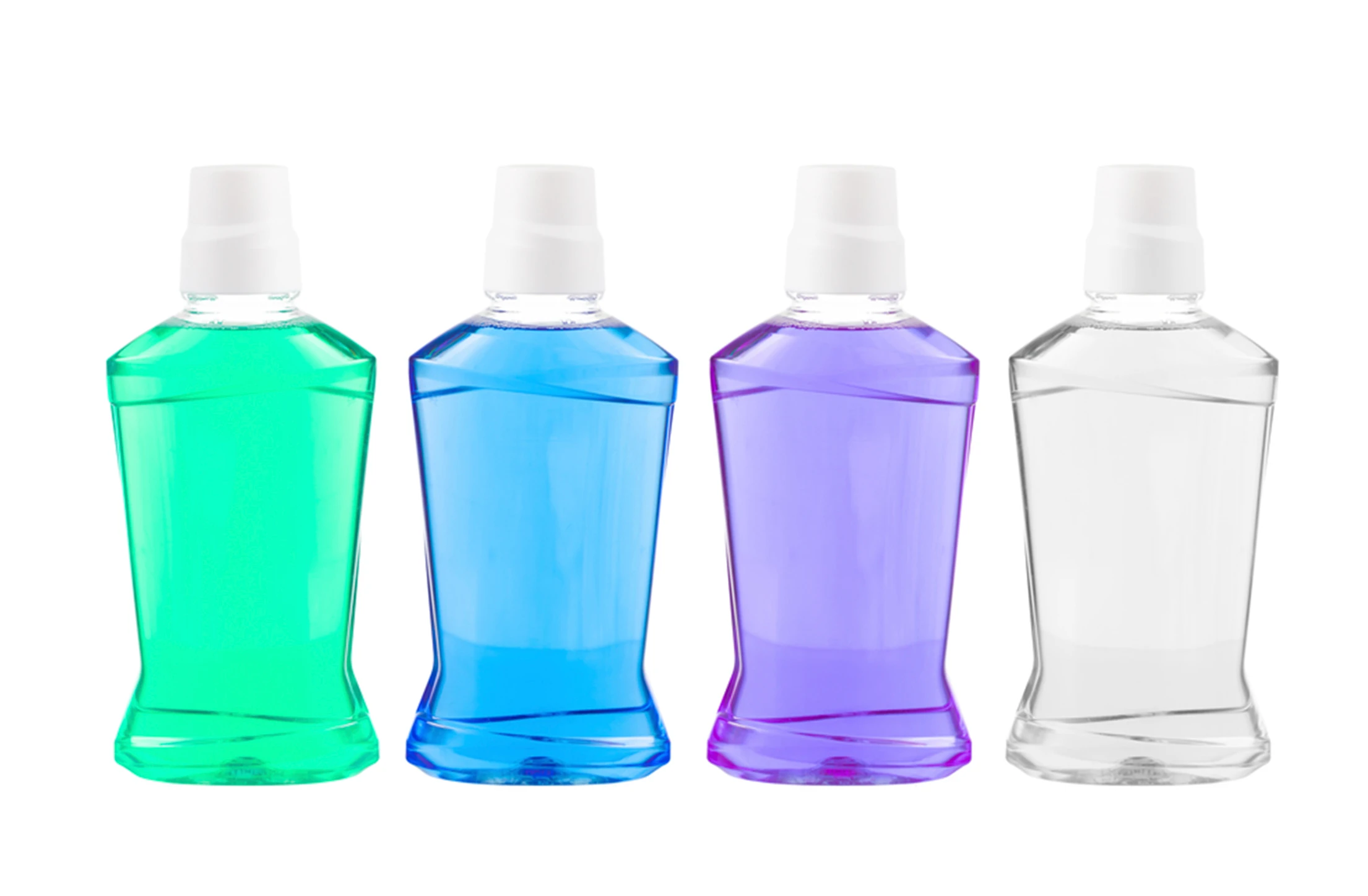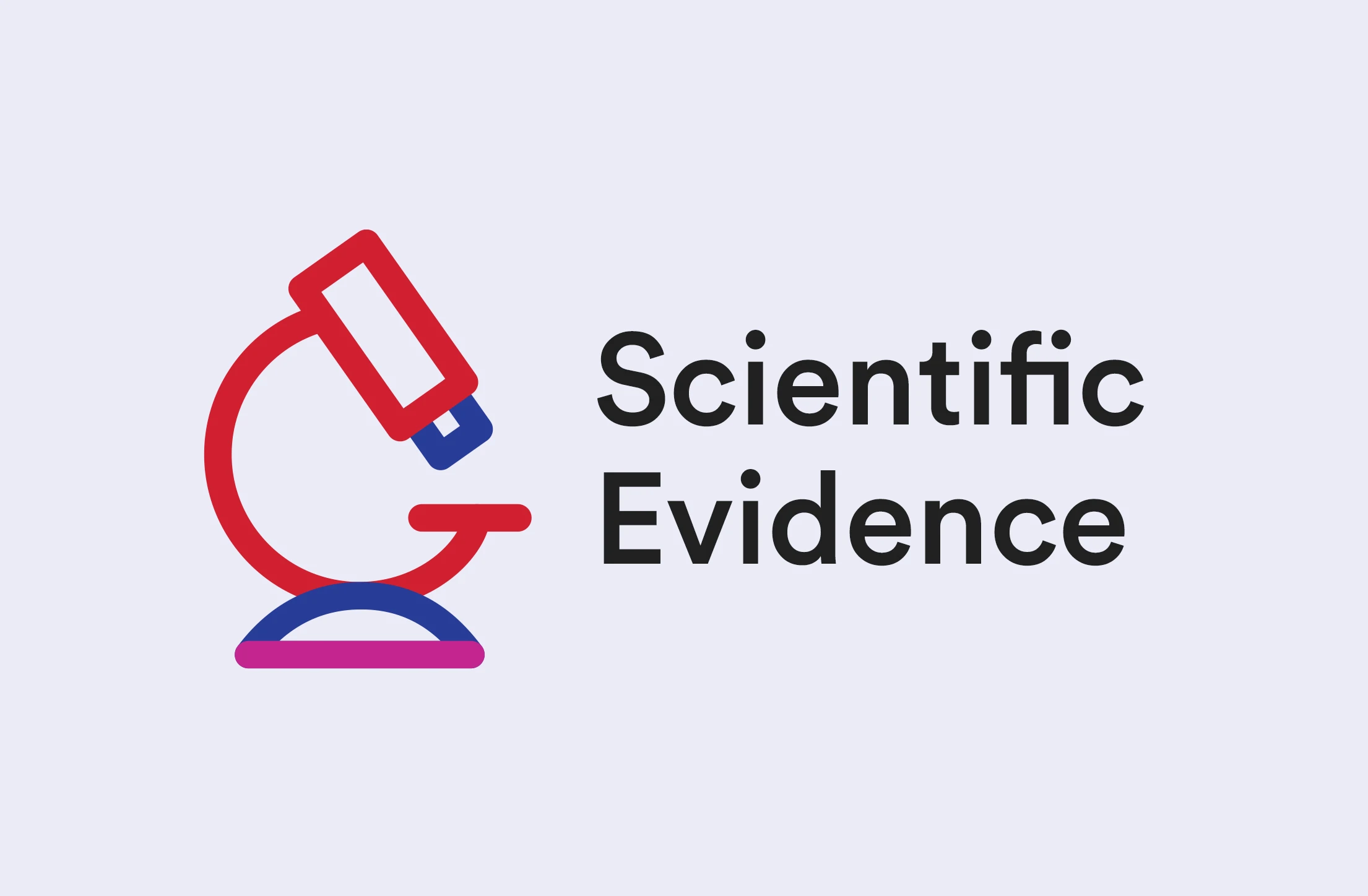
LISTERINE® is the world’s most clinically researched mouthwash brand with 137 years of heritage examined in more than 50 clinical trials.
LISTERINE® has a unique blend of essential oils composed of eucalyptol, thymol, methyl salicylate and menthol. The 4 essential oils, found in natural plant sources, in LISTERINE® are responsible for its antimicrobial action. It reduces the plaque that remains after cleaning by mechanical methods by deeply penetrating the bottom layers of the biofilm, breaking it down in places that are hard to reach using a toothbrush and dental floss alone. Such essential oil extracts act by inhibiting the acid production and bacterial growth, as well as reducing lipopolysaccharide.

LISTERINE® has a clinically proven safety record on long-term use:
Essential oils have been found to have equally effective anti-gingivital properties as chlorhexidine after 6 months of use. Furthermore, LISTERINE® was proven to be safe for both daily and long-term use, as it has no major side effects, without disrupting the normal balance of oral flora or the emergence of resistance strains. There has been no evidence of increased risk of oral cancer in alcohol based mouthrinse. The long-term use of LISTERINE® does not result in significant tooth stain or formation of tartar.
Patients who added LISTERINE® to their daily oral care regimen had:
11X greater odds of plaque-free sites vs. mechanical method only
3X more patients achieved 50% healthy gingival sites vs. mechanical method only
Types of Mouthwash:
1. Betadine Mouthwash:
An assessment of Betadine Mouthwash shows that unlike LISTERINE®, it is not recommended for daily oral care or as a long-term prevention method for dental issues. It is not suitable for children aged 6 years and under, and is indicated to treat gingivitis or mouth ulcers as a short-term treatment only for no more than 14 days.
2. Chlorhexidine Mouthwash:
For a long time, chlorhexidine mouthwashes were considered the gold standard for antiplaque effects. However, the sscientific community was aware of their negative effects upon regular use, which led to the exploration of alternative agents. Essential Oils were found to be equivalent to chlorhexidine as an effective mouth rinse to control gingival inflammation after 6 monts of use, inspite of being less effective at reducing plaque levels.


3.Cetyl Pyridinium Chloride:
Cetyl Pyridinium Chloride (CPC) has been associated with lower efficacy when compared to essential oil-based mouthwashes. LISTERINE® is more efficacious in reducing dental plaque and gingivitis, and demonstrates superiority.


The comparative benefits of mouthrinses:




